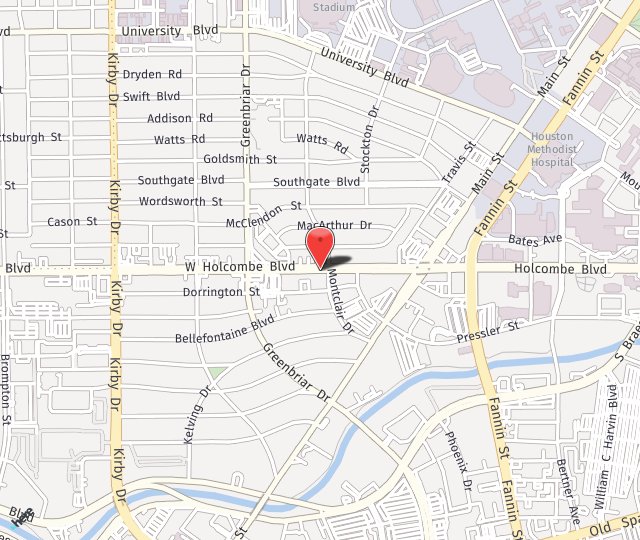
What Is TMJ Disorder?
TMJ disorder is a condition that impacts the jaw joints, as well as the muscles and nerves that surround them. In most cases, TMJ disorder is caused by injury to the temporomandibular joint, often caused by wear and tear, aging or even trauma.
Symptoms of TMJ disorder include:
- Pain, soreness and stiffness in the jaw joints
- Clicking and popping when opening and closing the mouth or when talking or chewing
- Unexplained ear pain
- Inflammation and swelling around the jaw
- Headaches, especially around the temples
- Migraines
- Pain at the touch in the temple area
- Frequent ear popping
- Dislocation of the jaw
Another common symptom is tooth grinding, which is what can cause damage to your tooth enamel. If left untreated, you could even experience tooth loss.
This is because tooth grinding, also known as bruxism, puts excessive pressure and friction on the teeth, which can strip away the tooth’s enamel. This can break down the structure of the teeth, making them more susceptible to bacteria that cause tooth decay. Your teeth may also become more sensitive as the enamel wears away, exposing the more vulnerable dentin below. Tooth grinding can even affect your bite’s alignment, which can contribute to more jaw and tooth problems.
Tooth grinding can also cause the tooth to bend in its socket, which can create lesions on the root; the bending of the tooth can cause cracks in the enamel, too. These cracks can cause severe tooth sensitivity because your tooth nerves are exposed, which can be painful when eating or drinking!
Schedule a Consultation Today
Want to learn more about how Dr. Konig can help treat TMJD? Call us now at 713-668-2289 for more information or to schedule a visit.

